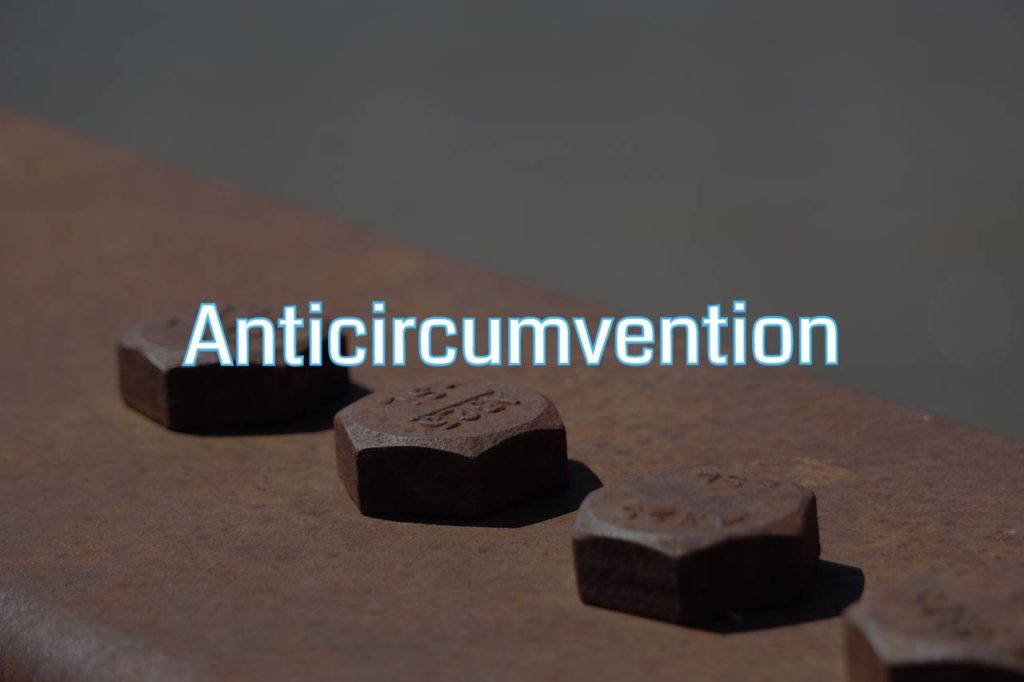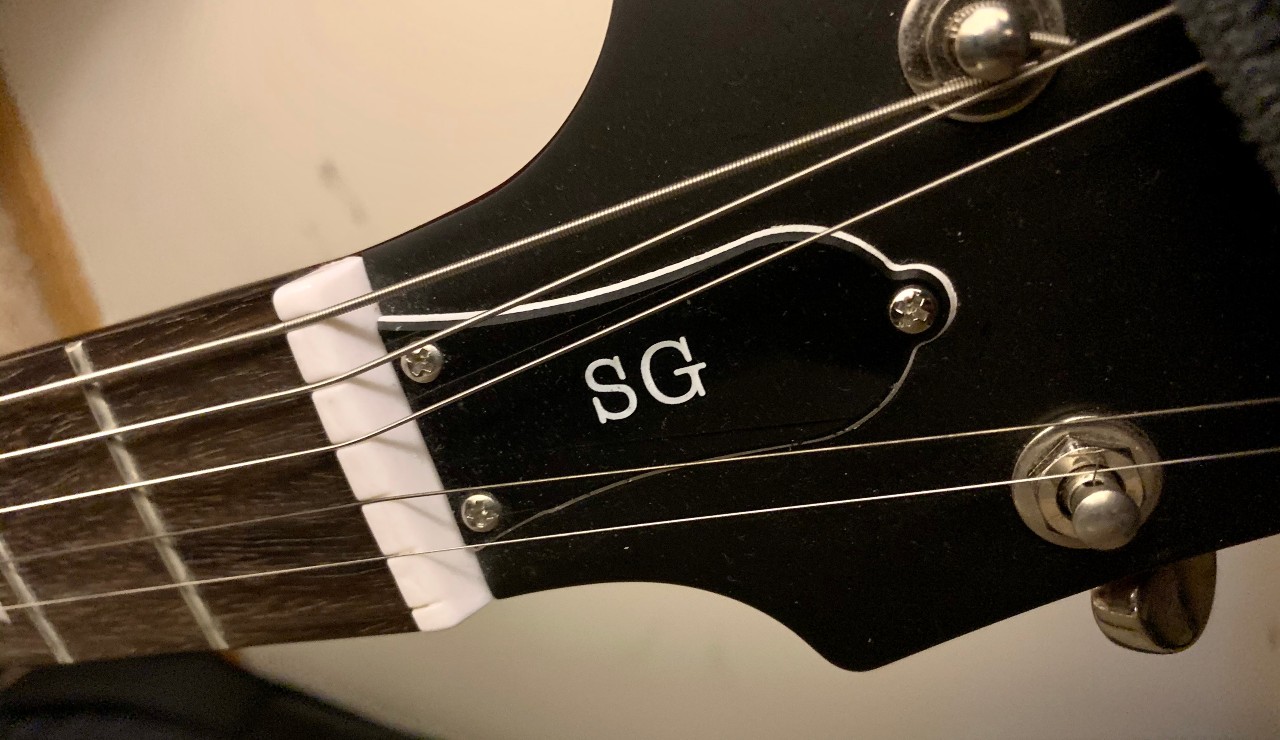 The media has been covering Florida’s new law (Senate Bill 7072) targeting social media platforms, which Governor DeSantis signed today. The law is relatively complex and imposes a number of new obligations on social media platforms. The law is likely to face First Amendment challenges. And then there’s the Section 230 problem. In any event, through all the political noise surrounding the law’s passage, it is worth taking a careful look at what the statute actually says.
The media has been covering Florida’s new law (Senate Bill 7072) targeting social media platforms, which Governor DeSantis signed today. The law is relatively complex and imposes a number of new obligations on social media platforms. The law is likely to face First Amendment challenges. And then there’s the Section 230 problem. In any event, through all the political noise surrounding the law’s passage, it is worth taking a careful look at what the statute actually says.
Findings
The bill starts with some findings of the legislature that give context to what the law is about. There are some interesting findings that reflect an evolved view of the internet and social media as being critical spaces for information exchange, in the nature of public utilities and common carriers:
- Social media platforms have transformed into the new public town square.
- Social media platforms have become as important for conveying public opinion as public utilities are for supporting modern society.
- Social media platforms hold a unique place in preserving first amendment protections for all Floridians and should be treated similarly to common carriers.
- The state has a substantial interest in protecting its residents from inconsistent and unfair actions by social media.
Important definitions
The statute gives some precise and interesting definitions to important terms:
A “social media platform” is any information service, system, Internet search engine, or access software provider that provides or enables computer access by multiple users to a computer server, including an Internet platform or a social media site, operates as a sole proprietorship, partnership, limited liability company, corporation, association, or other legal entity, does business in Florida and has either annual gross revenues in excess of $100 million, or has at least 100 million monthly individual platform participants globally.
Interestingly, the statute appears to clarify that Disney World and other major players are not part of what constitute “social media platforms”:
The term does not include any information service, system, Internet search engine, or access software provider operated by a company that owns and operates a theme park or entertainment complex as defined elsewhere in Florida law.
Some other definitions:
To “censor” is for a social media platform to delete, regulate, restrict, edit, alter, inhibit the publication or republication of, suspend a right to post, remove, or post an addendum to any content or material posted by a user. The term also includes actions to inhibit the ability of a user to be viewable by or to interact with another user of the social media platform.
“Deplatforming” means the action or practice by a social media platform to permanently delete or ban a user or to temporarily delete or ban a user from the social media platform for more than 14 days.
A “shadow ban” is action by a social media platform, through any means, whether the action is determined by a natural person or an algorithm, to limit or eliminate the exposure of a user or content or material posted by a user to other users of the social media platform. This term includes acts of shadow banning by a social media platform which are not readily apparent to a user.
“Post-prioritization” means action by a social media platform to place, feature, or prioritize certain content or material ahead of, below, or in a more or less prominent position than others in a newsfeed, a feed, a view, or in search results. The term does not include post-prioritization of content and material of a third party, including other users, based on payments by that third party, to the social media platform.
Protections for political candidates
The first substantive part of the statute seeks to protect political candidates from being taken offline:
A social media platform may not willfully deplatform a candidate for office who is known by the social media platform to be a candidate, beginning on the date of qualification and ending on the date of the election or the date the candidate ceases to be a candidate. A social media platform must provide each user a method by which the user may be identified as a qualified candidate and which provides sufficient information to allow the social media platform to confirm the user’s qualification by reviewing the website of the Division of Elections or the website of the local supervisor of elections.
If the Florida Election Commission finds that a social media platform violates the above provision, it can fine the platform $250,000 per day for a candidate for statewide office, and $25,000 per day for a candidate for other offices.
Social media platforms’ required activity
The statute spells out certain things that social media platforms must and must not do. For example, social media platforms:
- Must publish the standards, including detailed definitions, it uses or has used for determining how to censor, deplatform, and shadow ban.
- Must apply censorship, deplatforming, and shadow banning standards in a consistent manner among its users on the platform.
- May not censor or shadow ban a user’s content or material or deplatform a user from the social media platform without notifying the user who posted or attempted to post the content or material (unless the content is obscene). (This notice must be in writing and must be delivered via electronic mail or direct electronic notification to the user within 7 days after the censoring action. It must include a thorough rationale explaining the reason that the social media platform censored the user. It must also include a precise and thorough explanation of how the social media platform became aware of the censored content or material, including a thorough explanation of the algorithms used, if any, to identify or flag the user’s content or material as objectionable.)
- Must, if a user is deplatformed, allow that user to access or retrieve all of the user’s information, content, material, and data for at least 60 days after the user receives the required notice.
- Must provide a mechanism that allows a user to request the number of other individual platform participants who were provided or shown the user’s content or posts and provide, upon request, a user with the number of other individual platform participants who were provided or shown content or posts.
- Must categorize algorithms used for post-prioritization and shadow banning, and must allow a user to opt out of post-prioritization and shadow banning algorithm categories to allow sequential or chronological posts and content.
- Must provide users with an annual notice on the use of algorithms for post-prioritization and shadow banning and reoffer annually the opt-out opportunity provided in the statute.
- May not apply or use post-prioritization or shadow banning algorithms for content and material posted by or about a user who is known by the social media platform to be a political candidate as defined under the law, beginning on the date of qualification and ending on the date of the election or the date the candidate ceases to be a candidate.
- Must provide each user a method by which the user may be identified as a qualified candidate and which provides sufficient information to allow the social media platform to confirm the user’s qualification by reviewing the website of Florida’s Division of Elections or the website of the local supervisor of elections.
- May not take any action to censor, deplatform, or shadow ban a journalistic enterprise based on the content of its publication or broadcast (unless the content is obscene as defined under Florida law).
What happens if there is a violation?
A social media platform that violates the statute could face legal action from the government, or from private citizens who sue under the statute.
Government action:
If the Florida Department of Justice, by its own inquiry or as a result of a complaint, suspects that a social media platform’s violation of the statute is imminent, occurring, or has occurred, it may investigate the suspected violation. Based on its investigation, the department may bring a civil or administrative action. The department can send subpoenas to learn about the algorithms related to any alleged violation.
The ability for a private individual to bring an action under the statute is not as broad as the government’s ability to enforce the law. A private individual can only sue if:
- the social media platform fails to apply censorship, deplatforming, and shadow banning standards in a consistent manner among its users on the platform, or
- if the social media platform censors or shadow bans a user’s content or material or deplatforms the user from the social media platform without the required notice.
Remedies
The court may award the following remedies to the user who proves a violation of the statute:
- Up to $100,000 in statutory damages per proven claim.
- Actual damages.
- If aggravating factors are present, punitive damages.
- Other forms of equitable relief, including injunctive relief.
- If the user was deplatformed in circumstances where the social media platform failed to apply censorship, deplatforming, and shadow banning standards in a consistent manner among its users on the platform, the user can recover its costs and reasonable attorney fees.
When does the law take effect?
July 1, 2021.










